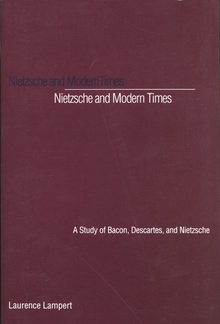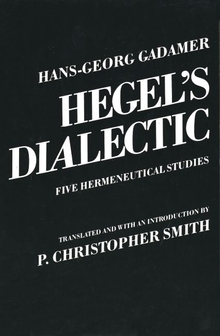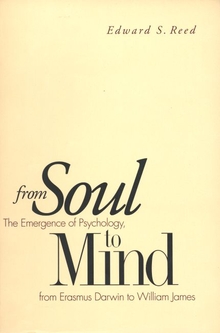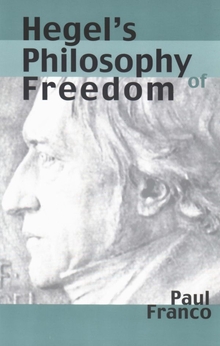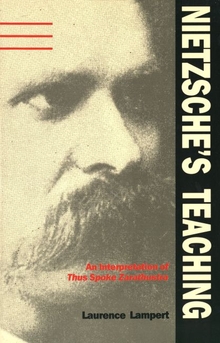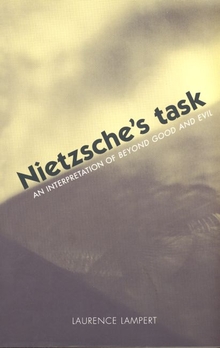Nietzsche and Modern Times
WARNING
You are viewing an older version of the Yalebooks website. Please visit out new website with more updated information and a better user experience: https://www.yalebooks.com
A Study of Bacon, Descartes, and Nietzsche
Laurence Lampert
Lampert argues that Bacon's positive claims for science aimed to destroy the dominance of Christianity. Descartes continued Bacon's radical program while providing it with the mathematical physics required for its success. Far from being solely an epistemological and metaphysical thinker, says Lampert, Descartes was a master writer whose comic ridicule helped bring down the Church to which he paid lip service. Both Bacon and Descartes used the Platonic art of dissimulation to achieve their ends by making their revolutionary aims appear compatible with Christianity.
Once we recognize Bacon and Descartes as legislators of modern times in a specifically Nietzschean sense, we can also see Nietzsche in a new way—as the first thinker to have understood modern times and transcended it in a postmodern worldview. According to Lampert, Nietzsche provides a new foundation for culture, a joyous science that reveals the grandeur and purposeless play of the cosmic whole and yet avoids enervating despair or destructive, dogmatic belief.
"A fine piece of original and important scholarship, rich in detail and insight."—Stanley Rosen, Pennsylvania State University
"Lampert's detailed (and bold) account of two giants of early 'modernity' and his portrait of Nietzsche's project . . . constitute a demanding, relentless defense of the subtlety of and importance of philosophy in history. Highly recommended."—Choice
"An admirable introduction to the source of postmodern interpretation of Nietzsche."—The Reader's Review
"An extraordinarily instructive and comprehensive interpretation of Nietzsche's thought. . . . Lampert wishes to resurrect a history of philosophy true to the spirit of its founders . . . not the pedantic spirit foisted on them by the usual history."—William E. Johnston, Jr., American Scholar
"One of the few books which directly and beautifully engages the most difficult questions regarding the nature of philosophy itself, discussions which are grounded in an extraordinary and painstaking analysis of the texts cited. To anyone interested in philosophy as such and not only Nietzsche or early modern philosophy, I highly recommend this book."—Pierre B. Mauboussin, Review of Metaphysics
"Nietzsche and Modern Times is a weighty contribution to the history of philosophy. . . . Few scholars have shown this much respect for and insight into Nietzsche's thought. . . . Written with strength and grace; eminently readable, consistently edifying, Nietzsche and Modern Times is a fitting tribute to a philosopher who often does not receive his due from lesser writers."—Adrian del Caro, The German Quarterly
"Supported by impeccable scholarship, Lampert's thesis challenges nearly every previous interpretation of Nietzsche. The ensuing debate should raise the level of Nietzsche scholarship markedly."—Brian Domino, Journal of Nietzsche Studies
"In this ambitious, detailed, and original approach to the thought of Nietzsche and the interpretation of the writings of Bacon and Descartes in light of a Nietzschean history of philosophy, Lampert offers a visionary portrait of the revolutionary aims of three powerful and subtle thinkers. . . . A very impressive, deeply scholarly study of Bacon and Descartes, one that champions the importance of philosophy and its cultural-historical meaning. . . . This richly detailed, carefully delineated study is an important contribution to the historical-contextual understanding of philosophers and to the esoteric/exoteric orientation towards significant philosophic texts."—George J. Stack, International Studies in Philosophy
"The book is long, complex, and sophisticated yet eminently readable, scholarly reliable, and intellectually rewarding in its evocative, sometimes explosive twists and turns."—Dominic J. Balestra, Fordham University
Publication Date: August 30, 1995

